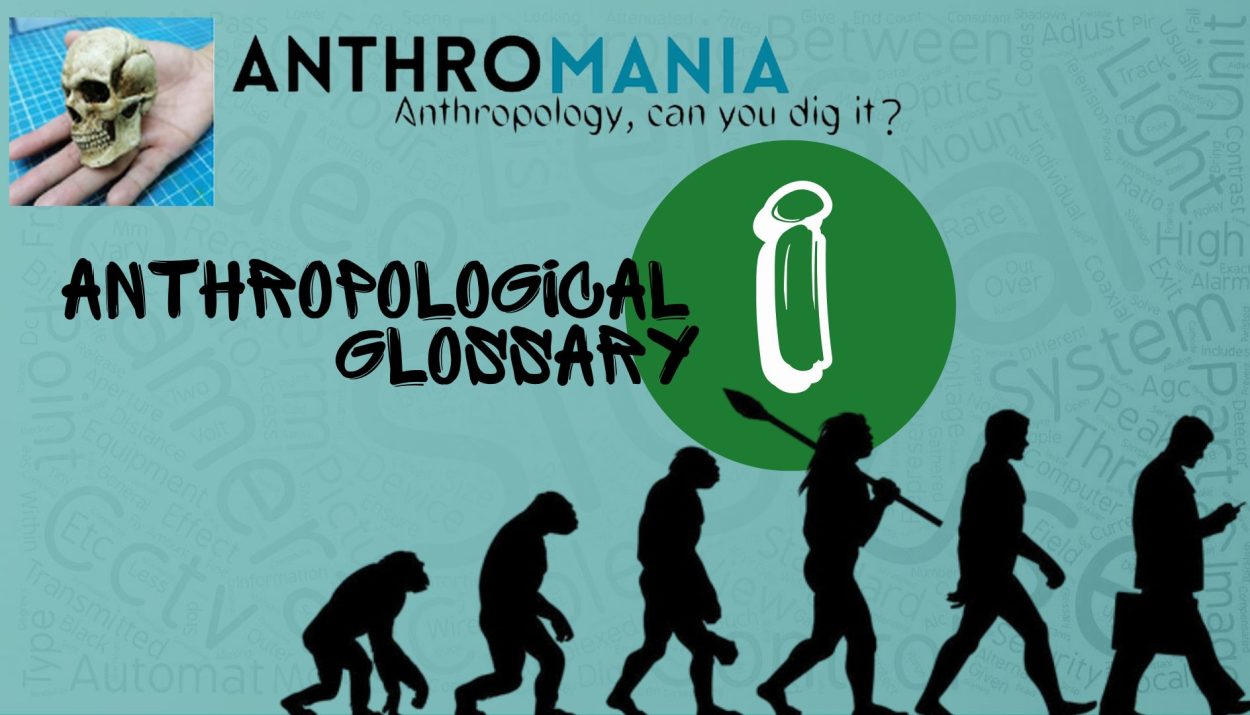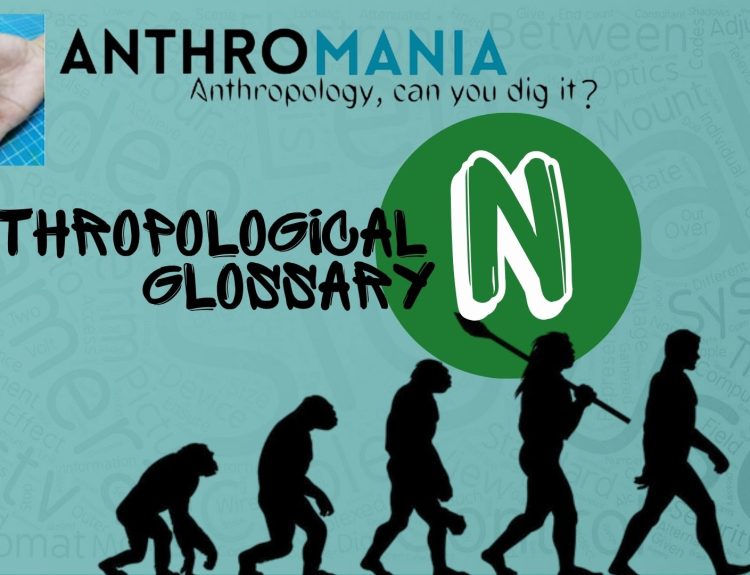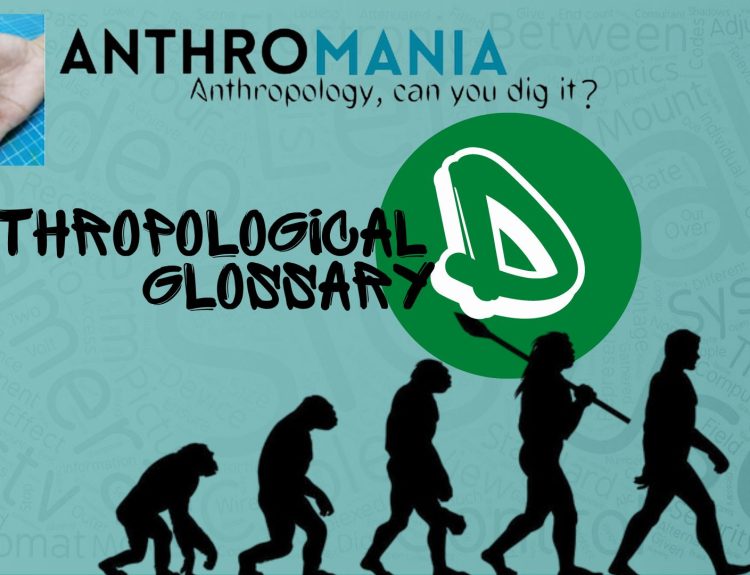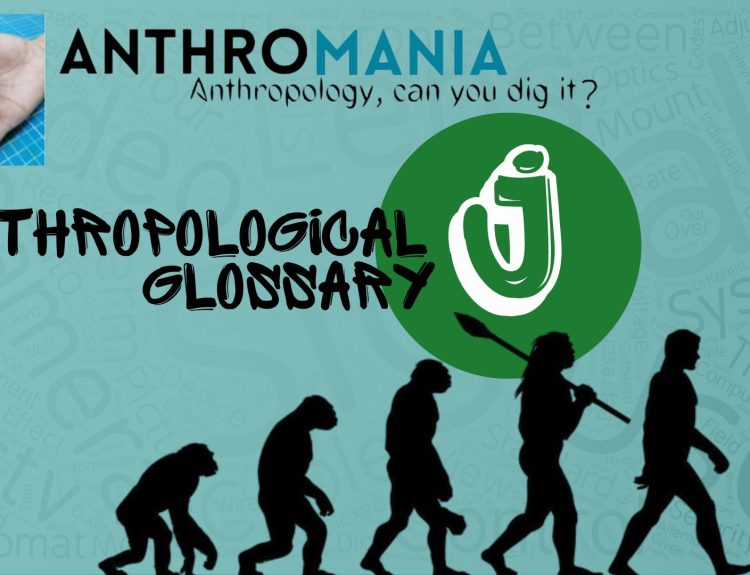Explore the Anthropological Glossary (Letter I) to gain insights into key terms and concepts in the field of anthropology. This article elucidates fundamental terminology crucial for understanding cultural, social, and human diversity. From “Identity” to “Iwi,” each term is explained, offering a comprehensive overview of the anthropological lexicon.
Iconoclasm: The deliberate destruction of religious or cultural symbols, images, or objects, often carried out for political, religious, or ideological reasons.
Iconography: The study of symbols, images, and representations within a cultural or historical context.
Idea of Progress: A concept in anthropology that examines the ways different societies envision and strive for social, technological, and moral advancement.
Identity: The sense of self and belonging to a particular cultural, ethnic, social, or gender group, which is often shaped by individual and collective experiences.
Incest: Sexual relations or marriage between close blood relatives, which is universally considered taboo but with varying degrees of definition and enforcement in different cultures.
Inclusive Language: Language that is designed to be sensitive to gender, ethnicity, and other social categories, promoting inclusivity and minimizing stereotypes.
Indigenization: The process through which external cultural elements, often from colonizing or dominant cultures, are adapted, transformed, or integrated into the customs and traditions of indigenous cultures.
Indigenous Knowledge System: The unique and traditional knowledge, practices, and beliefs of indigenous communities. It encompasses their understanding of the environment, cultural heritage, medicinal practices, and social systems.
Indigenous People: The original inhabitants of a specific region or country, often with distinct cultural, linguistic, and historical characteristics.
Individualism: A cultural value that places emphasis on individual autonomy, personal achievement, and self-reliance, as opposed to collectivist societies that prioritize group harmony and interdependence.
Informant: A person who provides information to an anthropologist, typically from within the culture being studied.
Initiation Rite: A culturally significant ceremony or ritual that marks a person’s transition from one life stage to another, often associated with adulthood or membership in a particular group.
Innovation: The introduction of new ideas, practices, or technologies into a society, often leading to cultural change.
In situ: A Latin term meaning “in place,” used in anthropology to refer to artefacts or objects that are found in their original context without being moved or disturbed.
Institution: A social, cultural, or economic structure that serves specific functions within a society, such as family, government, religion, or education.
Intercultural Communication: The study of communication between people from different cultural backgrounds, focusing on how language and non-verbal cues influence interactions and understanding.
Intergenerational Mobility: The movement of individuals or groups between social or economic strata across generations, often used to measure social and economic development.
Internal Migration: The movement of people within a country’s borders, often for economic, social, or political reasons.
Intersex: A term used to describe individuals who are born with biological characteristics that do not fit typical definitions of male or female.
Intersubjectivity: The shared understanding between individuals or groups about the meanings of symbols, language, and cultural practices.
Interview: A research method involving structured conversations between researchers and participants to collect data, and allow in-depth exploration of topics, beliefs, and experiences.
Isogloss: A geographic boundary marking the regional distribution of a particular linguistic feature, such as a word or pronunciation.
Isolation: The state of being separated from other societies or groups, often leading to the development of unique cultural traits or practices.
Iroquois kinship system: A type of kinship terminology found in some cultures, notably among the Iroquois people. It classifies the maternal and paternal sides of the family differently. For instance, it groups a person’s mother and mother’s brother, while a father and father’s sister are considered part of the same category. This system highlights the significance of matrilineal and patrilineal connections in the culture.
Read in detail- Patterns of Kinship Terminology
Iwi: A Maori term used to refer to a tribe or a larger kinship group in New Zealand.







